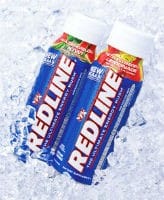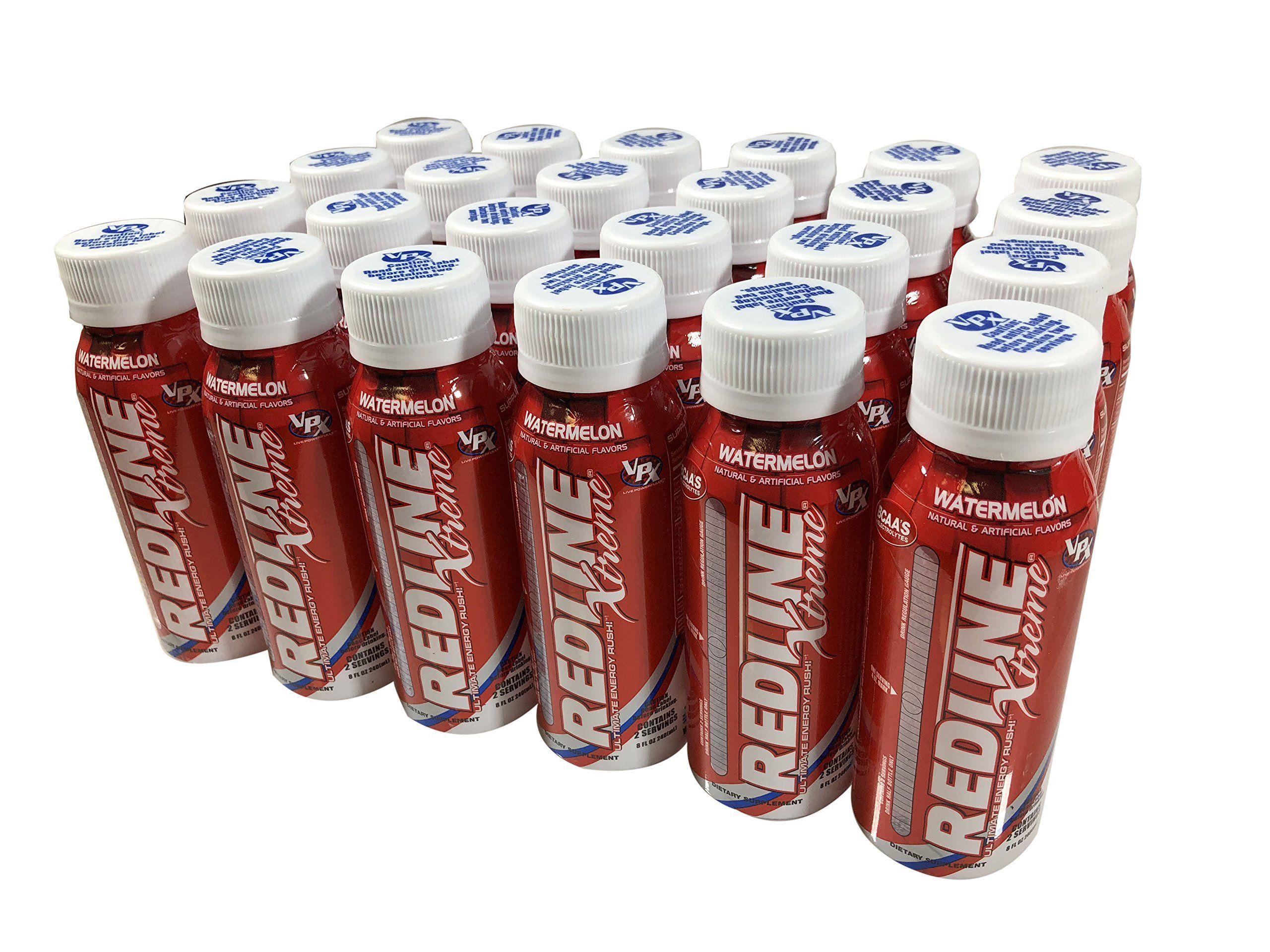
There is no reliable evidence that other ingredients in energy drinks provide further benefits, even though the drinks are frequently advertised in a way that suggests they have unique benefits. The combination of the two in college students is correlated to students experiencing alcohol-related consequences, and several health risks. The alcohol industry has recently been criticized for marketing cohesiveness of alcohol and energy drinks. The consumption of alcoholic drinks combined with energy drinks is a common occurrence on many high school and college campuses. Health experts agree that energy drinks which contain caffeine do improve alertness. Uses Įnergy drinks are usually marketed to young people and provide benefits among which are health effects of caffeine along with benefits from the other ingredients they contain. Populations at risk for complications from energy drink consumption include youth, caffeine-naïve or caffeine-sensitive, pregnant, competitive athletes and people with underlying cardiovascular disease. Energy drinks have been associated with many health risks, such as an increased rate of injury when usage is combined with alcohol, and excessive or repeated consumption can lead to cardiac and psychiatric conditions. Advertising for energy drinks usually features increased muscle strength and endurance, but there is no scientific consensus to support these claims. Other studies ascribe those performance improvements to the effects of the combined ingredients. Most effects of energy drinks on cognitive performance, such as increased attention and reaction speed, are primarily due to the presence of caffeine. Įnergy drinks have the effects of caffeine and sugar, but there is little or no evidence that the wide variety of other ingredients have any effect.

According to the ESFA this is equivalent to 4 cups of coffee (90 mg each) or 2 1/2 standard cans (250 ml) of energy drink (160 mg each/80 mg per serving).

This has been confirmed by a panel of the European Food Safety Authority (EFSA), which also concludes that a caffeine intake of up to 400 mg per day does not raise safety concerns for adults. According to the Mayo Clinic, it is safe for the typical healthy adult to consume a total of 400 mg of caffeine a day. Some alcoholic drinks, such as Buckfast Tonic Wine, contain caffeine and other stimulants. Other soft drinks such as cola may contain caffeine, but are not considered energy drinks either. Ĭoffee, tea and other naturally caffeinated drinks are usually not considered energy drinks. There are many brands and varieties in this drink category. They are a subset of the larger group of energy products, which includes bars and gels, and distinct from sports drinks, which are advertised to enhance sports performance. They may or may not be carbonated and may also contain sugar, other sweeteners, herbal extracts, taurine, and amino acids. If you notice vomiting, chest pain, confusion, or convulsions, seek out medical treatment.An energy drink is a type of drink containing stimulant compounds, usually caffeine, which is marketed as providing mental and physical stimulation (marketed as "energy", but distinct from food energy). More sensitive people might get a headache or experience diarrhea, increased thirst, and even an increased body temperature. An inability to fall asleep is another reported symptom of drinking too much caffeine. Most people will notice trembling in the hands, and you may also start to feel restless or anxious. If you consume more than two 5-Hour Energy drinks per day, you can accidentally overdose on caffeine.

Image Credit: Fotos593, Shutterstock What If I Consume Too Much 5-Hour Energy Drink? Two regular strength 5-Hour Energy shots will put you right at the limit, so you can get into the danger zone if you consume any other caffeine, such as by drinking soda, coffee, or eating chocolate. Most experts recommend limiting your caffeine intake to less than 400 milligrams per day to avoid health problems.

As long as you are not sensitive to caffeine and limit your consumption to one per day, you should not experience any serious health problems.


 0 kommentar(er)
0 kommentar(er)
